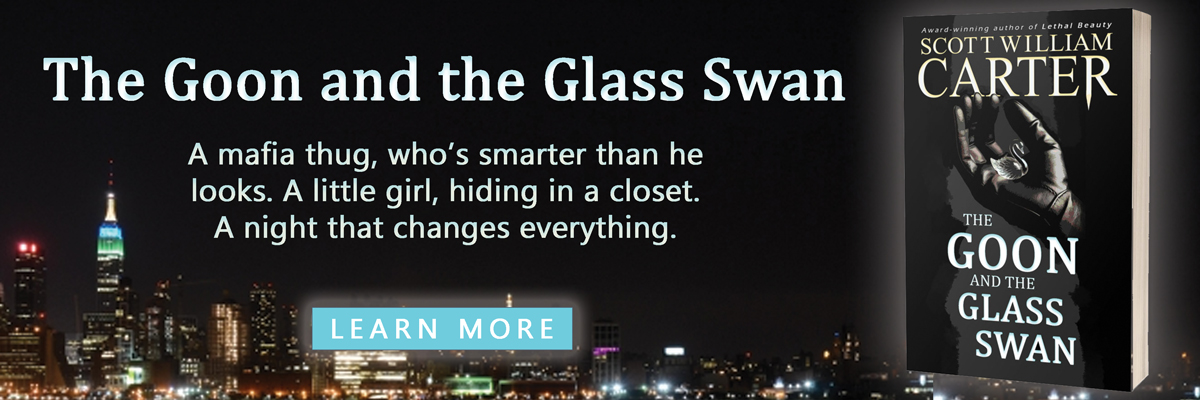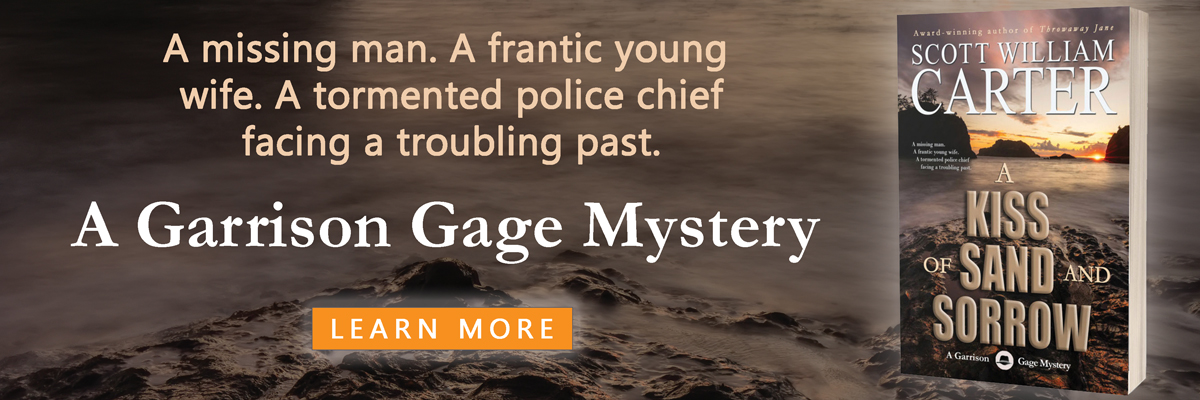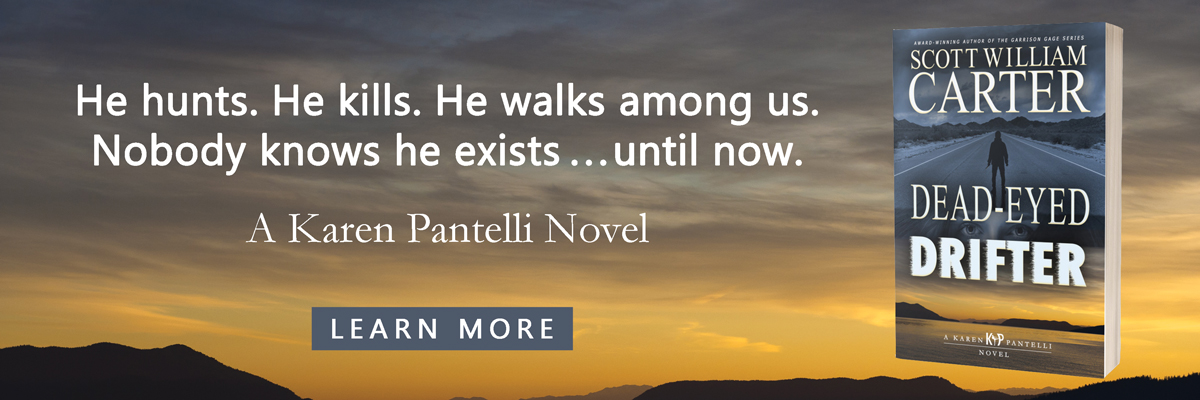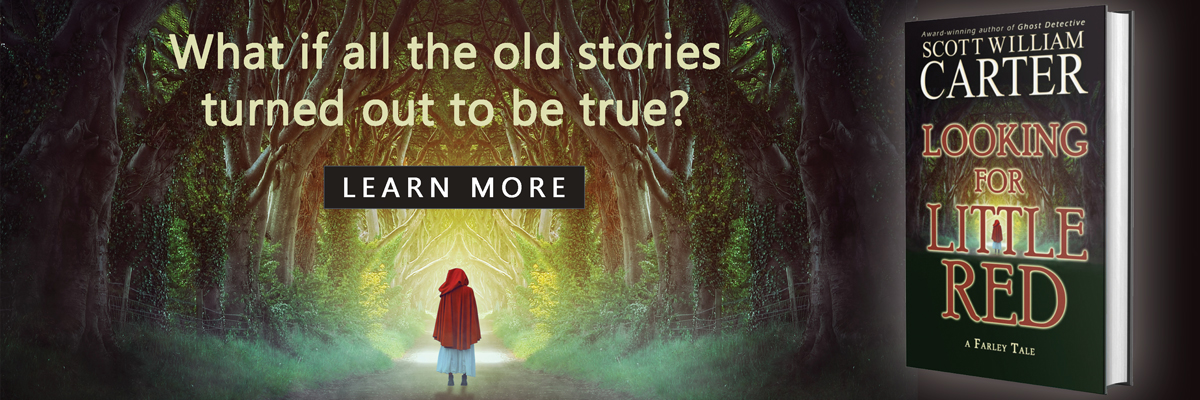On Saturday, I went to the coast for a “Writing Technology Day” with a bunch of professional writers, where I spent the majority of it helping friends with things like using WordPress and putting stories up on Kindle. It was also an opportunity for me to brainstorm and bounce ideas off some sharp minds about what it means to be a writer in the digital age. It was fun, and it was one of those rare times when my day job (I’m an Instructional Technologist for a university, where I’m chiefly responsible for supporting the online classes) intersected with my writing life.
One of the things I got to thinking about was how online a writer should be. Here’s a little scale I created so that writers can see where they fall in the continuum:
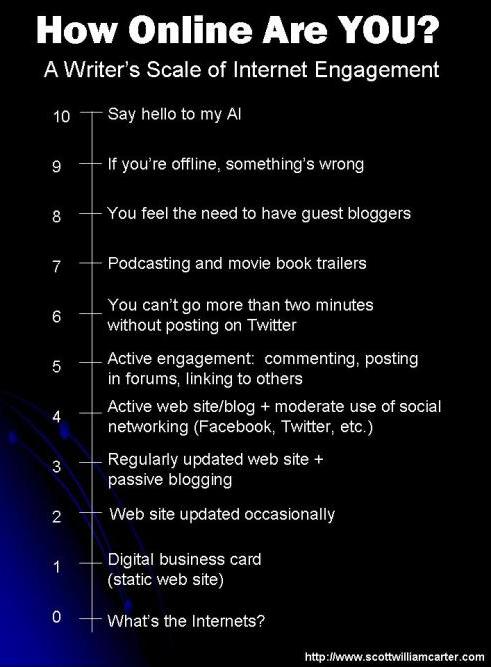
I do think every writer should have at least a moderately updated web page, with contact info and credits, but beyond that I think it depends a lot on mindset and goals. Personally, I think if you’re serious about being a professional writer, then you really can’t afford not to explore some of the opportunities the Internet provides. But it’s always a question of how much time you’re willing to commit and how much you enjoy it. Writers like Cory Doctorow, John Scalzi, Jay Lake, Michael Stackpole, and Jeff Vandermeer are people I can think of right away that are on the high end of this scale, and they are all doing different things well. Check out their sites and you’ll quickly see that these are writers making heavy use of all the digital tools at their disposal.
However, I’d actually rank someone like Neil Gaiman — who has a million followers on Twitter, and has one of the most visited blogs on the Internet — lower on the scale even though his Internet traffic is off the charts. He’s certainly engaged with the online community, but not to the extent of the other writers I mentioned. His enormous web traffic is coming almost entirely from his work. If you write bestsellers, and if you win major awards like the Newbery, you’re going to have a Web presence. You don’t even have to go looking for it.
To me it’s a reminder that if you want to be a fiction writer first, and not a blogger first, make sure the vast majority of your writing time and effort is devoted to your fiction. To prevent the Internet from becoming a major time sink, you might draw up a chart figuring out where your writing time goes, as I did:
| Percentage |
Activity |
Hours Per Week |
| 40% |
Writing fiction |
8 |
| 35% |
Reading |
7 |
| 5% |
Email |
1 |
| 5% |
Website updating/blogging |
1 |
| 5% |
Twitter/Facebook/social networking |
1 |
| 5% |
Marketing/mailing |
1 |
| 5% |
Internet reading/surfing |
1 |
With a day job and a family, I aim to spend 20 hours a week on writing-related activities. If I’m spending more than 5 hours of my 20 hours a week on anything outside of writing and reading, then I figure my balance is out of whack. And yes, I do figure reading into my writing-related activities. I don’t know how you can be a writer if you’re not reading heavily. It’s our creative fuel.
I don’t think there’s any right answer here. If you have professional aspirations as a writer, then you should probably be at least at level 2. Anything less probably hurts you when an editor goes out and Google’s your name — which pretty much happens automatically these days when a publisher is considering your work. Does the writer have a Web presence? If so, is it a good one or a bad one? Are they out there making themselves look like an idiot?
Beyond that, it’s a question of how much time you’re willing to commit versus what you think you’ll get out of it. If it’s fun, that makes it easier. I actually enjoy posting on Facebook and Twitter ocassionally, but I have to be careful or the Web sucks me in like a black hole. Take this blog post. I could have spent this past hour working on fiction, but I wrote this instead. Was it time well spent?
For me, it was, because it falls within the guidelines I set for myself based on all the criteria I mentioned — criteria which could very well change just as my career does. But every writer will answer that question differently. My advice to writers is to 1) be aware of where you are on the chart, 2) and be conscious of the choices you’re making with your time.

